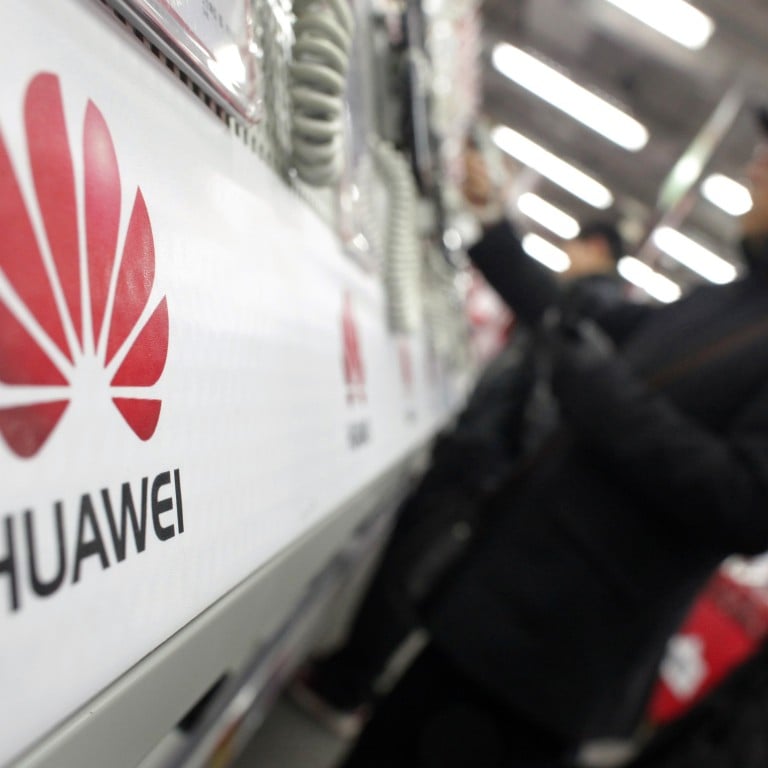
Huawei hangs up on US networking market, for now
Huawei founder Ren Zhengfei is not the world's most talkative man, so when he says something in a rare media interview it's worth taking notice. In this case Ren has personally stated that Huawei is temporarily halting its efforts to sell its telecoms equipment in the US, providing the final word on a controversial topic that has made headlines for much of the past year. But of course nothing is ever final, and a top US-based Huawei spokesman has quickly added that the company is ready to enter the US if and when Washington ever relaxes its informal ban on the company's networking equipment.
And yet despite that setback, neither Huawei and ZTE would openly say they were giving up on the US. One top Huawei executive did actually make remarks of that nature in informal comments during an investor conference earlier this year. But then global media pounced on those remarks to report the obvious, namely that Huawei couldn't sell its equipment in the US, and the company quickly moved in to "clarify" the situation.
Of course the more PR-savvy William Plummer, Huawei's chief spokesman in the US, was quick to jump in and clarify his boss' remarks, saying Huawei is simply prioritizing its efforts to focus on markets that are open to its networking equipment. He also added that Huawei remains committed to selling its newer product lines in the US, most notably its smartphones.
From my perspective, I have to laud Ren for finally coming out and speaking definitively on the matter. I also have to praise him for his stance that Huawei doesn't want to become a political pawn, which looks like a smart posture that will let his company focus on doing business while Beijing and Washington resolve their political differences.
I've said from the beginning that the source of this dispute lies in Beijing and is not a problem for Huawei or ZTE. Put simply, the Chinese government has a reputation for meddling in the affairs of private companies, the legacy of a previous era when everything was owned by the state and high-ranking officials often moved freely back and forth between the government and companies.
I personally don't believe that Huawei or ZTE currently pose any security risk to network operators that buy their equipment. But Washington's concern, which seems genuine, is that Beijing could someday try to force Huawei and ZTE to modify their products to assist it in its intelligence gathering activities. Ren's words won't change anything in the current situation; but at least for now, Huawei is showing it doesn't want to get involved in this political chess game and that Beijing and Washington will have to resolve the matter by themselves.
Bottom line: Huawei CEO Ren Zhengfei's latest remarks indicate the company will withdraw from the US networking equipment market until Washington and Beijing resolve their dispute over security risks.

